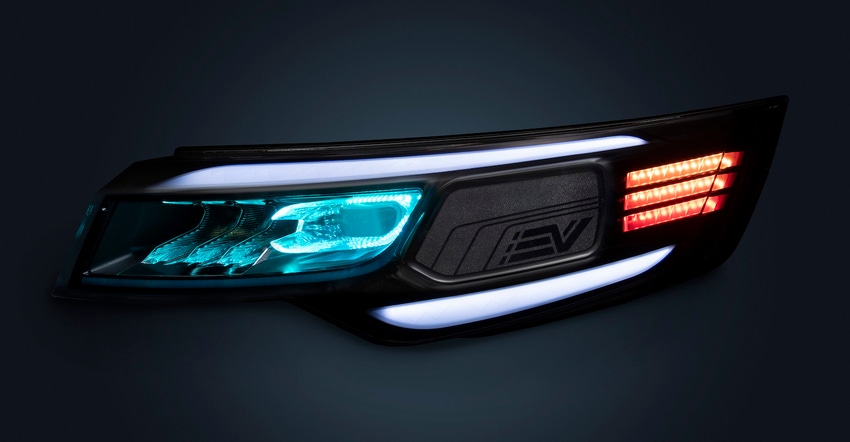Ineos Supplies Covestro with Mass-Balanced Feedstock for Polycarbonate
Bio-attributed cumene is used to synthesize phenol and acetone for the polymerization of polycarbonate.
August 25, 2022

Covestro will now be supplied with the two mass-balanced raw materials — phenol and acetone — from Ineos’ Inviridis product range. Covestro uses these CO2-reduced products to manufacture its high-performance polycarbonate (PC), used in headlights and other automotive parts, but also in housings for electronic devices, light guides and lenses, and medical devices.
"By switching to mass-balanced renewable raw materials, we aim to significantly reduce our indirect emissions in the supply chain and offer products with a reduced carbon footprint," said Sucheta Govil, Chief Commercial Officer of Covestro. "In doing so, we’re helping our customers to meet their climate goals and advance the transition to a circular economy."
Lily Wang, Global Head, Engineering Plastics, at Covestro, emphasized the further benefits for customers. "We offer them a drop-in solution that they can quickly and easily integrate into existing production processes without requiring any technical changes,” said Wang. “The products show the same good quality as their fossil-based counterparts."
As part of the CQ family of circular intelligent solutions, Covestro offers the materials under the names Makrolon RE, Bayblend RE, Makroblend RE, and Apec RE.
Inviridis-brand phenol and acetone are produced from bio-attributed cumene at Ineos’ facilities in Gladbeck, Germany, and Antwerp, Belgium, without competing with the food supply. Both sites are certified according to internationally recognized ISCC PLUS as well as the RSB standard.
You May Also Like


